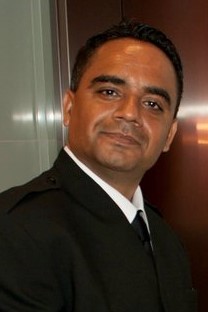
In Their Own Words: Writer/Director/Producer Dr. Hassan Zee for “Good Morning, Pakistan”
South Asian film has been a genre yielding some of the best cinema, mainstream and independent, that I’ve seen over the past three plus years now, providing fresh, imaginative, and culturally diverse perspectives on themes oft presented in our American Hollywood-based efforts, yet managing to deliver uniquely varied execution that allows it to stand apart from its western relatives. In an overall industry desperate for originality and more impactful narratives that transcend mass appeal fluff, independent film makes its mark as such, taking on that more grounded, character-driven, narrative-heavy approach which allows us as the viewer to ponder the timely and pertinent messages conveyed.
One such indie project is the feature “Good Morning, Pakistan”, an affecting character drama with comedic elements that ultimately addresses volatile but necessary themes along the lines of women’s rights, Pakistan as a country, and the harsh realities of crimes perpetrated against women there all wrapped into an evocative package that certainly showcases the beauty of what true cinema can bring to the table. You might ask who is behind this well-designed film, and I am highly grateful to be able to not only divulge this, but offer the following interview with writer/director/producer Dr. Hassan Zee, kindly willing to get involved and in depth about the hard truths he’s seen with his own eyes while on this ongoing odyssey to bring his concepts to the screen and see them make desired impact upon the world. Therefore, read on to find out what goes on in the mind of this champion of indie film and human rights.
One Film Fan: First off, I always like to extend much personal thanks for granting this interview and taking the time to engage in it with me and OneFilmFan.com out of your busy workload. Let’s begin with broad strokes for any readers that are unfamiliar with you. Can you tell us a little about your general background, childhood, et al.
Hassan Zee: I was born in a small village, Tatral, in district Chakwal of Pakistan. My dad was in the military and because of his position there, we were transferred to live in different cities in Pakistan. While I was growing up, there was a lot of discipline in the house. We were to focus most of our time on studies. We were not allowed to watch TV or to listen to music in front of our father. I remember I would sneak into neighbors’ house to watch movies while growing up because we did not have television. I loved to read books while growing up and I think I was a born storyteller.
O.F.F.: From what I’ve read about you, becoming a film director was not your first passion, but rather the medical field. How did that interest come about?
H.Z.: I would say it is the opposite. I saw my first film in a neighbor’s house at the age of 4 and I loved it. I can still remember the songs from that film. My dad had an orderly who would put me on his bicycle and take me to religious school every evening. On the way back he would stop his bicycle in front of an outdoor movie theatre. I saw my first film on a huge screen outdoors and some magic happened. I fell in love with the people who lived inside this big screen. Growing up, I loved to tell stories. I would make up stories of kings and queens and they were never ending stories. I have 2 brothers and 4 sisters. I would mimic TV characters in front of them and keep them entertained by telling funny tales. I wrote my first short story at the age of 8 and it got published in a magazine, which was quite exciting and encouraging for me. I was 19 when I got accepted into Medical School . I loved going to medical school, but in my heart I also wanted to make films and tell stories. I finished medical school and I became a doctor when I was 26 years old.
O.F.F.: Following up that question, you indicate that after graduating medical school, now 26 years old at that time, you specifically found yourself treating female burn victims in Pakistan? What larger impact did that initial career experience have on you as far as then wanting to become a bigger champion for women’s rights?
H.Z.: I was appointed to work in a burn unit where the women who did not bring enough dowry or could not bear children were burnt by their husbands and in-laws. This was very tragic. These women were dying in my hands every day . I wanted to do something about it. I wanted to give voice to these women who could not raise their own. I wanted to tell their stories to the world. I have four sisters and they are in arranged marriages. I want to empower women and give my message that all the human beings should have full rights to live the way they want to live.
O.F.F.: Now, horrific acts like rape, acid attacks, murder against women in particular has been an ongoing social issue for a long time in South Asian countries, or so I have understood. How important is getting the message out to the world at large to you and the efforts you’re making as the years progress?
H.Z.: It is very important to raise your voice no matter what. There are so many women who can’t talk against rape and acid attacks because they are poor and cannot afford to hire a lawyer. Also there are lot of laws which favor men more than women, so a lot of people are just afraid to go to courts and get justice. They are trying to save their respect and family name because if there is a victim of rape in the family, it is very hard for siblings to get suitable marriage partners. People are just afraid to marry women from those families. In the western world, the woman is independent and empowered. She can make her own decisions. In eastern world, the woman obeys her father until she is married off to a man chosen by family and from there on, she obeys her husband. That is the reality. What I am trying to do is to educate men about women’s rights. I think men are just not educated enough to know that a woman is not their property. Only a ‘Man’ can teach them that. If it comes from a woman, they don’t get it. I have made four feature films and they have deeper inner themes of women liberation.
O.F.F.: Where did the interest and motivation then arrive to dive into learning more about the art of filmmaking, being that it could become an additional vehicle for the messages you wish to convey?
H.Z.: I always wanted to make films since I was a child, and I knew that my cinema will be about entertainment and something to learn also. When I came to San Francisco, I started going to the San Francisco Public Library and reading books on filmmaking. I saw many films on VCR since back then, movies were on tapes and the library had a lot of VHS tapes. I saw lot of films based in Italian neorealism, German expressionism, plus many films of Ingmar Bergman. These films inspired me. I saw old American films by Samuel Fuller, Billy Wilder , Alfred Hitchcock and Stanley Kubrick. I wrote a screenplay and I showed it to a cinematographer, Hiro Narita, who had worked on Academy Award nominated films. He loved my screenplay and wanted to help me make my first feature film. My first film was “Night of Henna” which got distribution and was released theatrically. I was written up in New York Times, The Village Voice, and San Francisco Chronicle. It gave me the courage to keep on making films. My second film was “Bicycle Bride“, which won the
best feature film award at the South Appalachian Film Festival, and got picked up for distribution by a French distributor, Cinema Arts Entertainment. After that, I did a small thriller film, which I shot in Bodega Bay, inspired by Alfred Hitchcock. It was called
“House of Temptation“.
O.F.F.: So, onto your current project, the feature film “Good Morning, Pakistan”. Even though I feel it might be quite evident at this point, what was the catalyst that brought you to make this film?
H.Z.: My best childhood friend in Pakistan was killed by her husband because she did not have children. One day, as a teenager, I was walking with friends in the village and saw the body of a dead woman behind the shrine in a ditch. It really affected me, and I thought “there are so many women who are raped and killed and nobody raises a voice for them. I need to do this”.
O.F.F.: Tell us a little about the film in general, no spoilers of course.
H.Z.: The film is about the real life in Pakistan. I see that the media labels everybody living in Pakistan as living in fear, as if terrorists were walking around with guns. It’s not like that. Pakistan is a beautiful country with a lot of spiritual people living there. They are also dealing with the same issues of love, loss, family, and raising their children to be best human beings. I wanted to show real Pakistan in my film. I am very proud that a lot of Americans have seen the film, giving them a new understanding of Pakistan and its ancient, vibrant culture. You get to see lot of shrines and spirituality. Everyday lives of Pakistanis and their struggles are portrayed in the film. You are watching all of this through the eyes of an American. The film won the best feature film award at the Another Hole in the Head Film Festival and got official selection in the Haryana International Film Festival in India.
O.F.F.: Given the film’s overall, albeit underlying, thematic core involving an exploration of the social injustices perpetrated against women, how much were you aiming to have those elements illustrated with necessarily going too far and having the film be too “preachy” as opposed to maintaining a level of entertainment?
H.Z.: When I watch films, I watch it for emotional experience. I want to experience the feelings of those characters at that moment. I believe a film can have a profound effect on the human body, we change all the time, even if as human beings we might not know it. If by watching my film, people can learn about what these women go through , they will definitely sympathize with them and do something differently when they meet a woman from that part of the world or think differently about them. Films are experiences. I wanted to make it a fun experience with showing the natural beauty of Pakistan and the people who live there, along with the comedy of Happy Heart, intermixed with a very important story of a woman whose voice needs to be heard. How much I am successful with all these elements, you have to see the film and then tell me.
O.F.F.: Do you feel, in total, that the final product successfully brings out the messages you wished to present? I know I, as a critic, felt it did, but still….
H.Z.: I feel that the film brought way more understanding of culture to Americans than I expected. People have been coming to me and asking me amazing questions about life in Pakistan, spirituality, women in villages and cities , finding love, harmony and so much more. They asked me if it was safe to go to Pakistan and I told them yes, of course!
O.F.F.: I loved the fact the film does carry the dramatic/comedic/romantic formula I’ve seen often in South Asian cinema, usually to a fresher extent than in Hollywood films. Do you find mixing genres of film styles better allows you as a director to have flexibility to encompass all facets to effective ends?
H.Z.: I feel that “Good Morning Pakistan” is unique in a way that its not totally Bollywood, but it has elements of Bollywood intermingled in indie film. You can mix the genres if the story demands it.
O.F.F.: This is the second film I’ve seen characters portrayed that are hijras. Is this another specific statement/element you were aiming to illustrate, or was Happy Heart mainly for comedy relief and simply a character who happened to BE a hijra?
H.Z.: When I was child, I saw a transgender man coming to our house and begging for money. My mom would give him money because in Pakistan, nobody wants to give jobs to transgenders (hijras). Hijras dance in the streets and beg for money. They usually try to find households with newborn boys, then they sing songs and dance in those houses and that way they collect money and flour to live. Children throw stones at them and they face sexual violence every day. They are considered the lowest category of society. The character of “Happy Heart” speaks about the life of Hijras in Pakistan and tells Omar all about what hijras go through in life. I wanted to give the message that Hijras are also human beings and they want a life, a job , a place to live, and love.
O.F.F.: How was it working with such a wealth of actors, new and old, in your film?
H.Z.: It was amazing to work with film star Naghma, who has more than 200 films on her credit. Shabbir Mirza, who played Grandpa, was a great actor with such a strong presence and voice. With new actors, I had to do lot of auditions, but Ali Raza and Meerab were perfect choices. The guy who plays the hijra, Saeed Anwar Parwana, is a very talented actor of Pakistani television. I introduced some news faces which gave performances beyond my expectations. Audiences can see themselves in those characters.
O.F.F.: Taking on the “triple threat” acting as writer, director, and producer on the film cannot be an easy task I imagine? Tell us a little about that process.
H.Z.: When you are an independent filmmaker, you have to wear all these hats to get the film made. It’s your baby and nobody else is going to look after the baby as you look at it. It’s very difficult to raise a child. It takes about two years to make a film and then launch it. It’s only for the thick skinned, and you have to truly love cinema to be doing it.
O.F.F.: What other projects are on the horizon for you currently or do you already have in motion?
H.Z.: I am working on a film which is set in San Francisco about a single mother who lost her job and her place to live. She is without many options until she meets a beat cop who makes her a proposition.
O.F.F.: Independent film is a medium still somewhat stuck in the shadows as it were, with distribution and overall notoriety/exposure still very much a work in progress. Yet, for me, so many of the best stories, characters, and just raw passion for film is found in the indie film community. How important is it in your opinion that indie film might finally get its truly earned day in the sun?
H.Z.: Cinema is an art form. It needs to be funded and distributed with the help of arts organizations and state funding. Unfortunately, Hollywood looks at it as a money making vehicle. I was watching a big budget Hollywood film the other day and I thought “this is not cinema, it is a visual amusement park”. Hollywood can make tentpole visual amusement parks for younger audiences, but there is a great need for true cinema, and mature people like to see that. We are not making that cinema here in America. Germany, France, and Europe are ahead of us in supporting independent film.
O.F.F.: Classic ending, love the question or not…..what is YOUR favorite film of all time? Why?
H.Z.: “Cinema Paradiso” is my all time favorite film. It’s a story of a small town boy who falls in love with cinema and gets a job there as a projectionist. The film is visually stunning and touches you emotionally. It explores how cinema affects lives of small town people and one man’s journey of love, hope and belonging.
Is there more to be said? At this time, I think it’s safe to believe that Dr. Zee more than has the best intentions and highly purposeful determination to bring a new level of awareness for indie cinema into the spotlight while likewise allowing the world’s eyes to be opened to the particular hardships and trials faced by women in Pakistan and, even if by default, other South Asian countries that we might see the absolute need for understanding, action, and change to ensure these crimes do not continue, all while promoting better relationships between us as human beings.
Opinions and beliefs may always be varied in this world, but facets that remain true are the seeking of mutual respect and love among all of us as people, and I know I hope that efforts such as “Good Morning, Pakistan” will be at least part of a greater catalyst for independent filmmakers to unify and utilize the art of film as the powerful platform it is to make statements such as this in relatable and fitting ways while giving us the quality, engaging entertainment we enjoy as well.
Wish to follow what’s what with Dr. Zee and his filmmaking journey? Try these!
“Follow” Dr. Zee on Twitter
Connect on Facebook (at Dr. Zee’s discretion, of course!)
As always, this is all for your consideration and comment. I thank Dr. Zee for taking the time to provide the insightful detail and lessons in Pakistani culture this interview brought about and wish him nothing but the best as his filmmaking experiences continue. May we all look forward to what his next project will present for us to take in, think about, and enjoy! Until next time, thank you for reading!
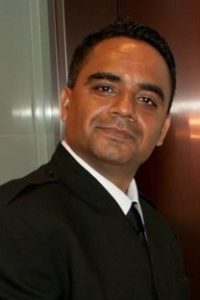
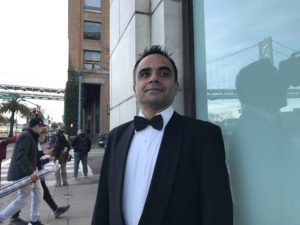
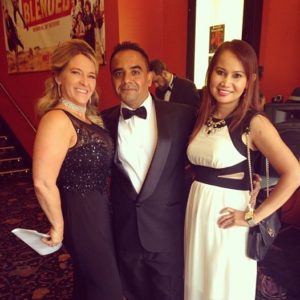
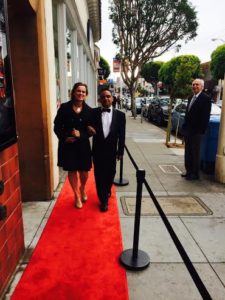
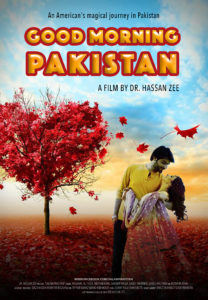
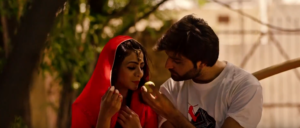
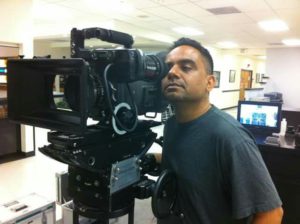
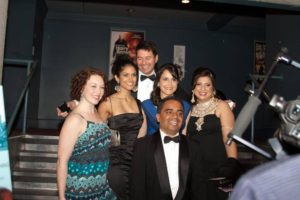
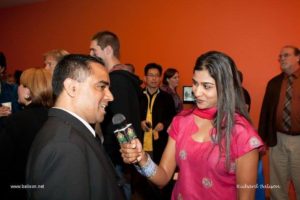
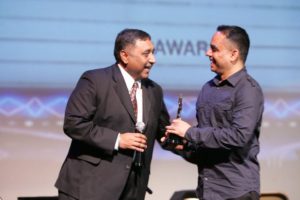
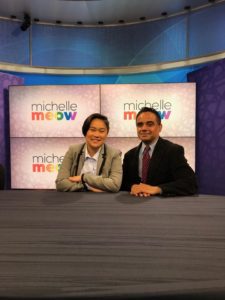
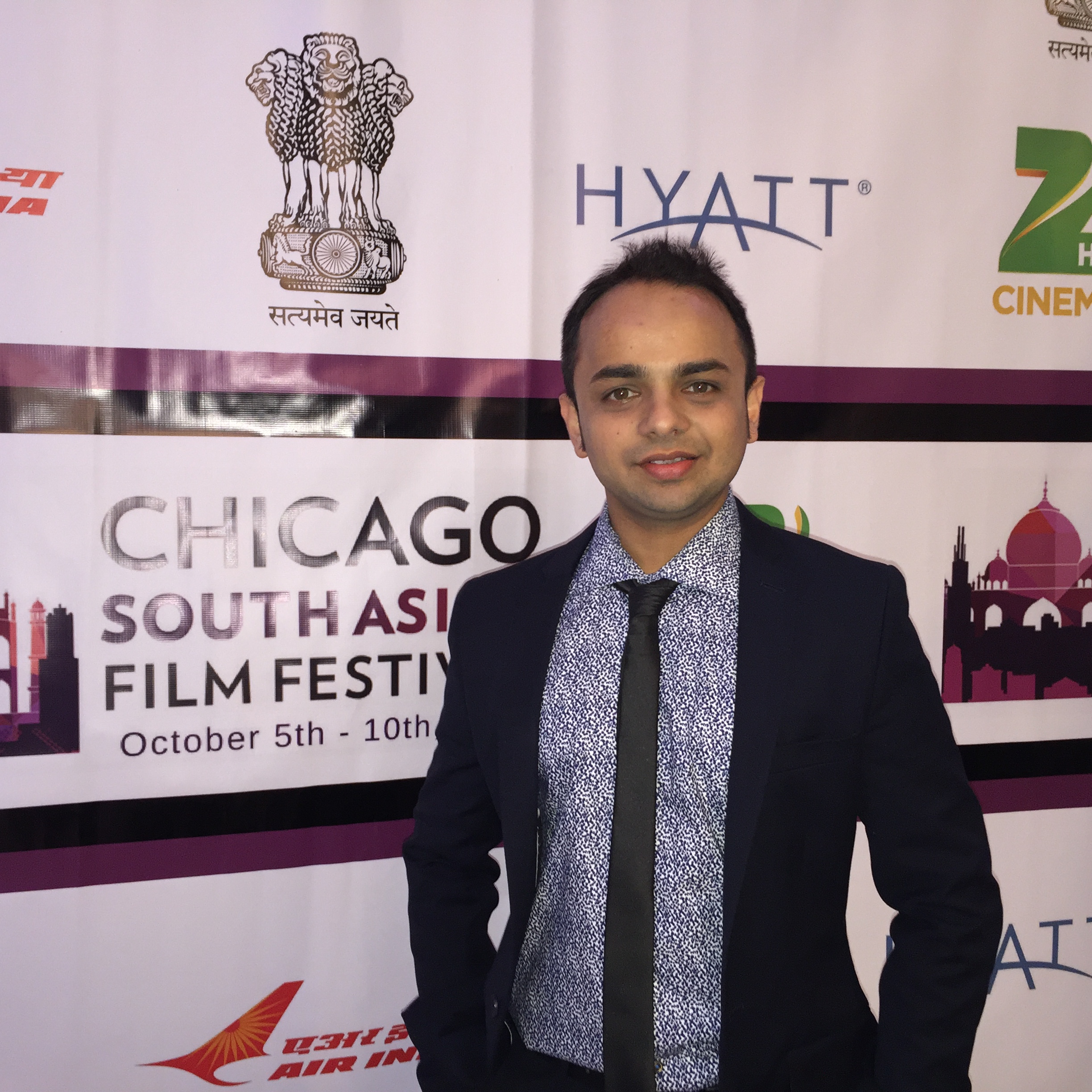
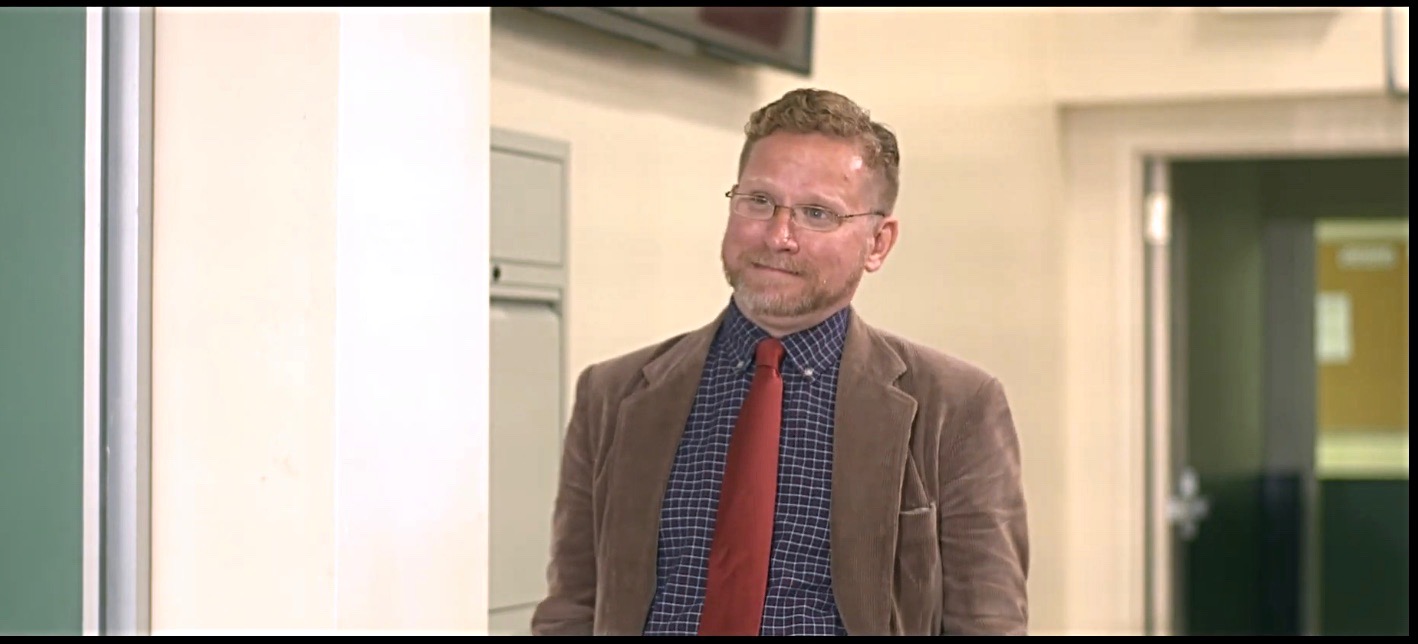
Very commendable work of Dr. Zee! Unfortunately, somebody has to relay the reality of this kind of injustice to wake us up. Disturbing as it is,the information is a tool to help change this! I also admire his life,his tenacity and integrity with all he does. Thank you for this interview!